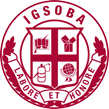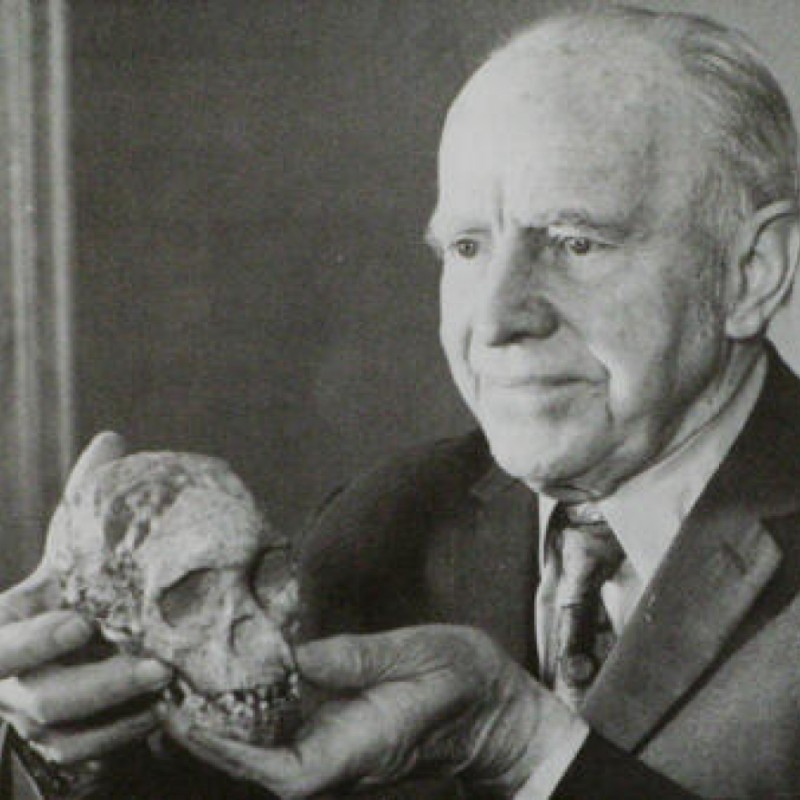
Raymond Arthur Dart (Class of 1910)
Raymond Arthur Dart became Professor of Anatomy at the University of Witwaterstand, Johannesburg, in 1923. He is best known to Australians for his association with the ‘missing link’ or Taung Baby, properly called Australopithecus Africanus. His contribution to paleoanthropology is but one of many he has made to the advancement of man’s understanding of himself.
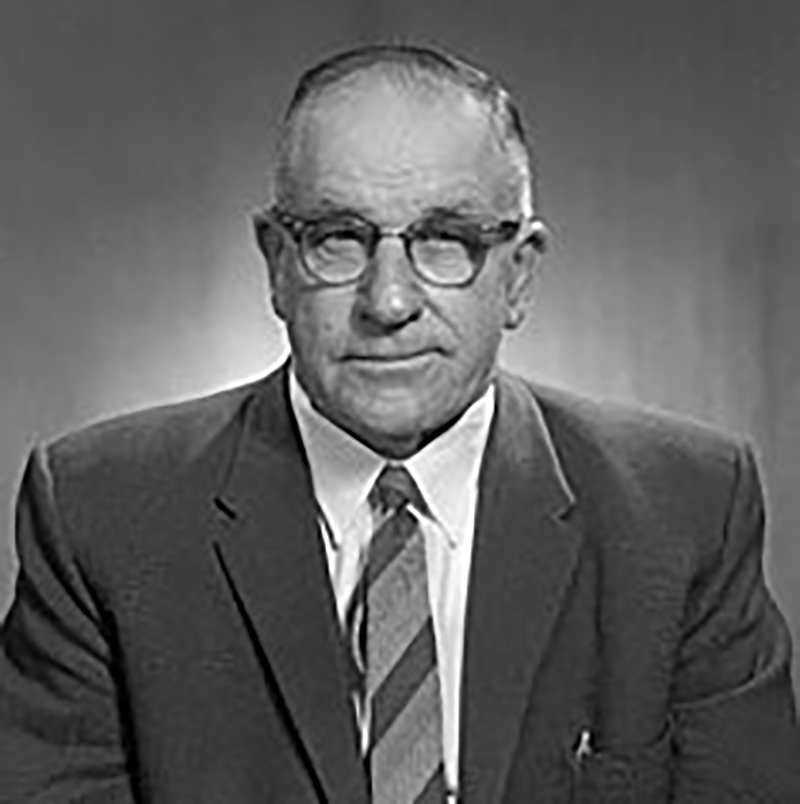
Wilfred Brimblecombe (Class of 1912)
Wilfred Brimblecombe enlisted as a Private in the AIF in September 1915 and joined the 5th Light Horse Regiment. During the war he was promoted to Sergeant while serving on the Western Front and returned to Australia in 1919. Upon his return he was elected as a councillor on Wambo Shire Council. In 1951, he was elected to the Australian House of Representatives as the Country Party member for Maranoa. He held the seat until his retirement in 1966.
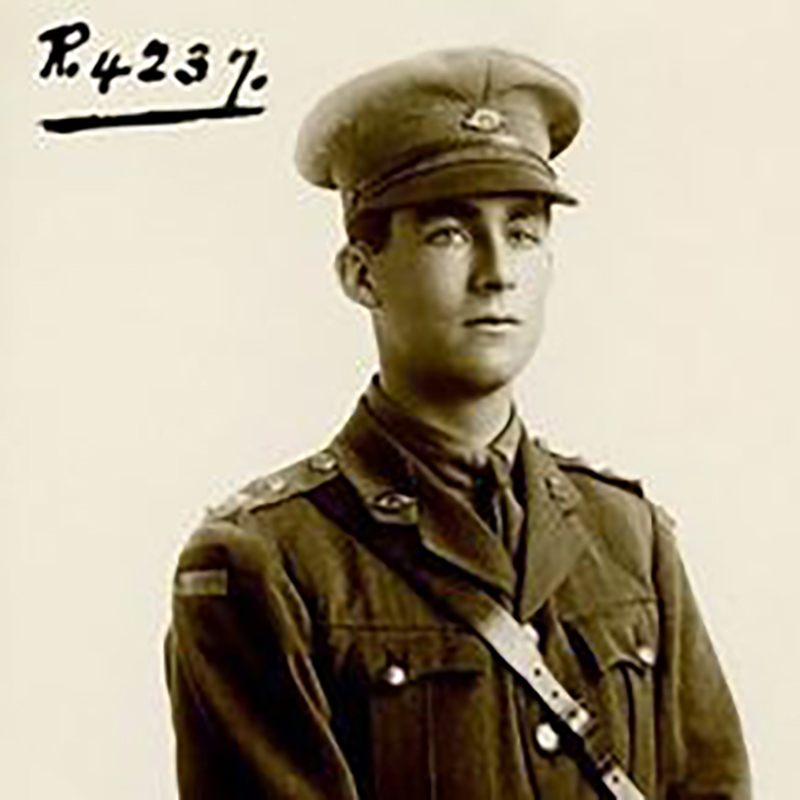
Leonard Hardwick Foote (Class of 1912)
Lance Corporal Leonard Hardwick Foote represented Queensland in rugby union and in 1913 was awarded a UQ Blue – an award originating from Oxford and Cambridge universities and earned by athletes for competition at the highest level – for his exceptional talent on the field. He was only the second recipient of a UQ Blue at the time. In 1915, Mr Foote enlisted with the defence force, and was posted to the 3rd Field Ambulance, 3rd Brigade, spending six months in Gallipoli before being evacuated to Egypt and reposted in France. He sustained a significant chest wound in 1917 and was discharged and returned home in 1918.
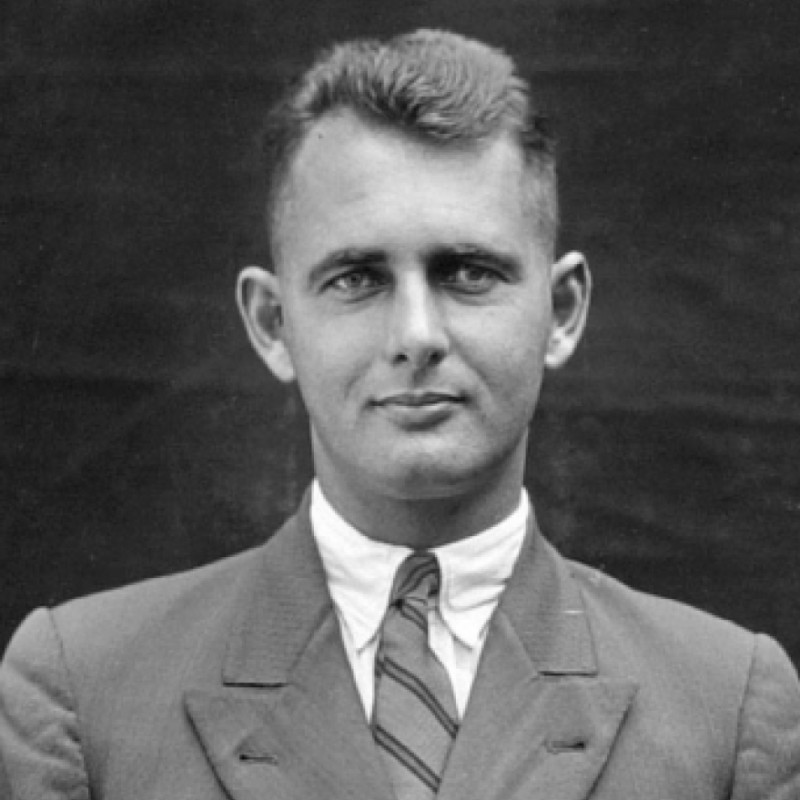
Arthur Bell (Class of 1913)
Enlisted in the AIF and served on the Western Front. On discharge he rejoined the Queensland Department of Agriculture and Stock, and gained his B.Sc. He won a sugar research travelling scholarship in 1924. In 1928 Bell was appointed plant pathologist to the Bureau of Sugar Experiment Stations, Brisbane. While attending the triennial conference of the International Society of Sugar Cane Technologists at Puerto Rico, he learned of and later reported on the success of the giant American toad in reducing populations of cane beetles—then the scourge of the Queensland sugar industry. In 1935 a colony of these toads was brought to Queensland from Hawaii, where they had been introduced from South America. He was appointed director of the bureau in 1945 and in 1947 became the first qualified scientist to be appointed under-secretary of the Department of Agriculture and Stock. Bell was a member of the Council for Scientific and Industrial Research from 1949, and chairman of its Queensland committee from 1948-55.
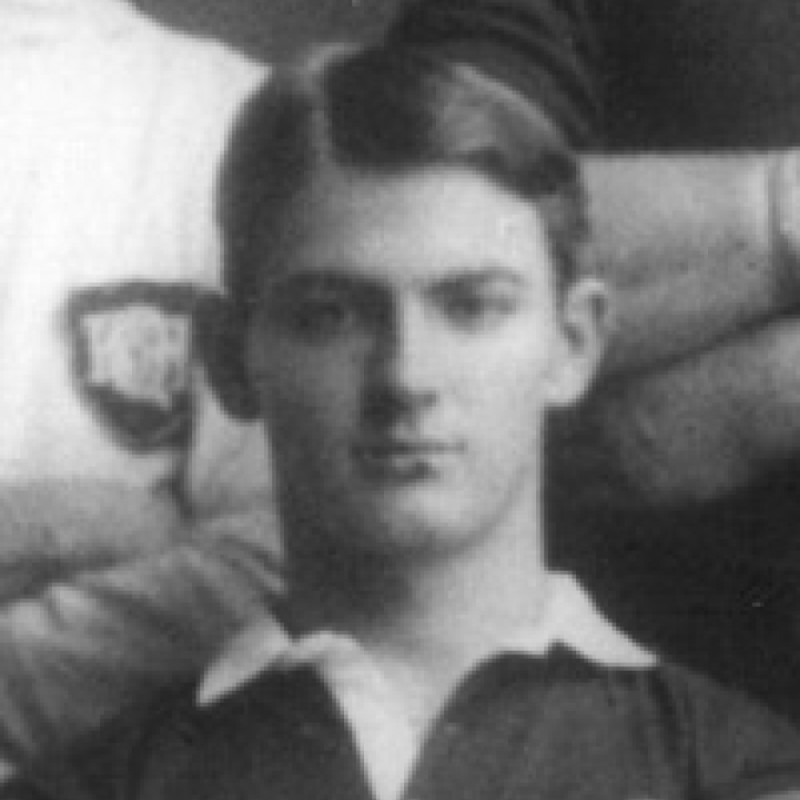
Eric Francis (Class of 1913)
Was the school’s Senior Prefect in 1913. In 1914 he was selected from the University of Queensland in the Australian rugby union team, becoming Ipswich Grammar’s first Wallaby. He taught at IGS and enlisted in the AIF in 1915. After being wounded he trained as a pilot and served in the Australian Flying Corp, seeing service in England, Egypt and France. He later graduated in dentistry from Sydney University.
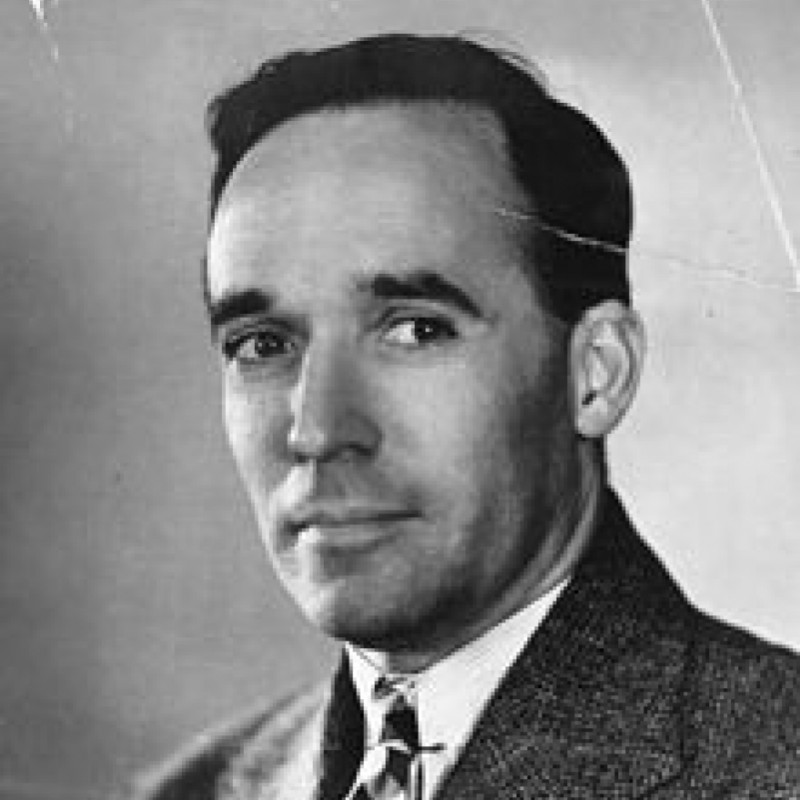
Charles Edward Chauvel (Class of 1914)
Became a well known Australian film producer and is widely credited with pioneering the Australian film industry. He studied commercial art and drama. Fascinated by films, he sought work as a production assistant and spent some time as a jack of all trades in Hollywood. Back in Australia he obtained finance from Queensland businessmen and friends to make his first films ‘The Moth of Moonbi’ and ‘Greenhide’. Inspired by the distinguished war records in Palestine of his father and uncle, he shot ‘Forty Thousand Horsemen’ in 1940, which was an immediate success. ‘The Rats of Tobruk’ (1944), ‘Sons of Matthew’ (1949), and ‘Jedda’ (1955) followed.
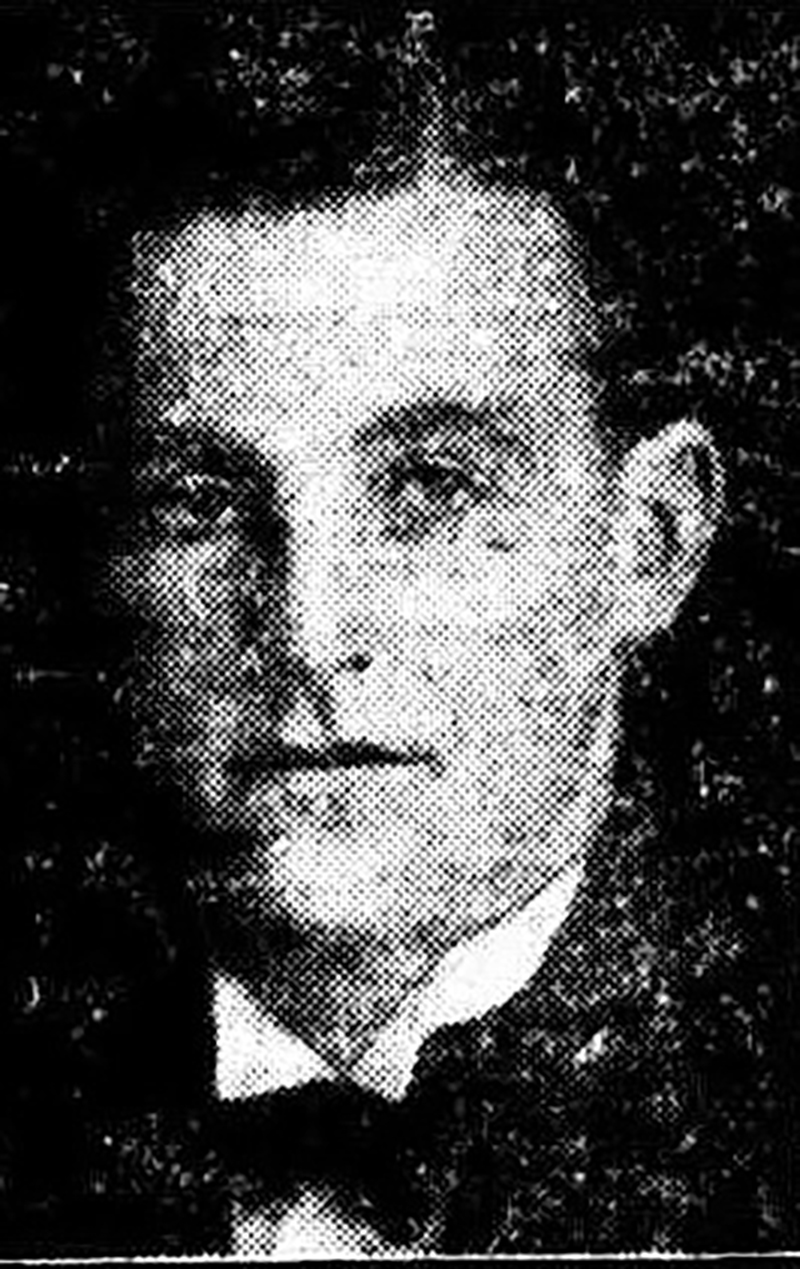
Ambrose John Foote (Class of 1914)
Ambrose John Foote was selected as a Rhodes scholar in 1924 during his fourth year of medical school at Sydney University. Mr. Foote was well-known in amateur athletic circles in Sydney. He has gained the Australian universities’ football blue, the Sydney University football and athletic blues, and five college blues in various departments of sport.
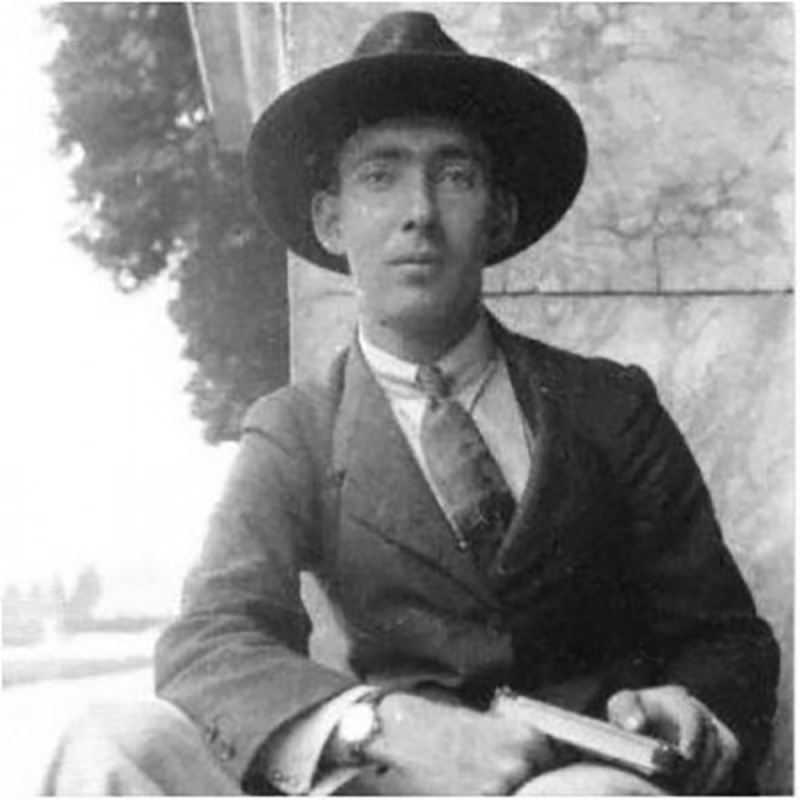
Sir Robert Lowe Hall KCMG CB (1914)
Sir Robert Lowe Hall topped the state in the Junior Public Examination. In the Senior Public Examination in 1918, he was ranked seventh in the State, earning an open scholarship that enabled him to study Engineering at the University of Queensland (BE, 1923). A Rhodes Scholarship led to a BA and MA at Oxford with emphasis on Philosophy, Politics and Economics. A fellow of Trinity College, Oxford from 1927-50, he lectured in Economics and Applied Economics. In 1939 Hall was seconded to the new Ministry of Supply at Whitehall and spent 1942-44 based in Washington. From 1943 Hall’s work mostly involved post-war economic planning. From 1951-63 he was economic advisor to successive Chancellors of the Exchequer in the Parliament of Great Britain. In 1969 on being made a life peer, he assumed the title of Lord Roberthall.
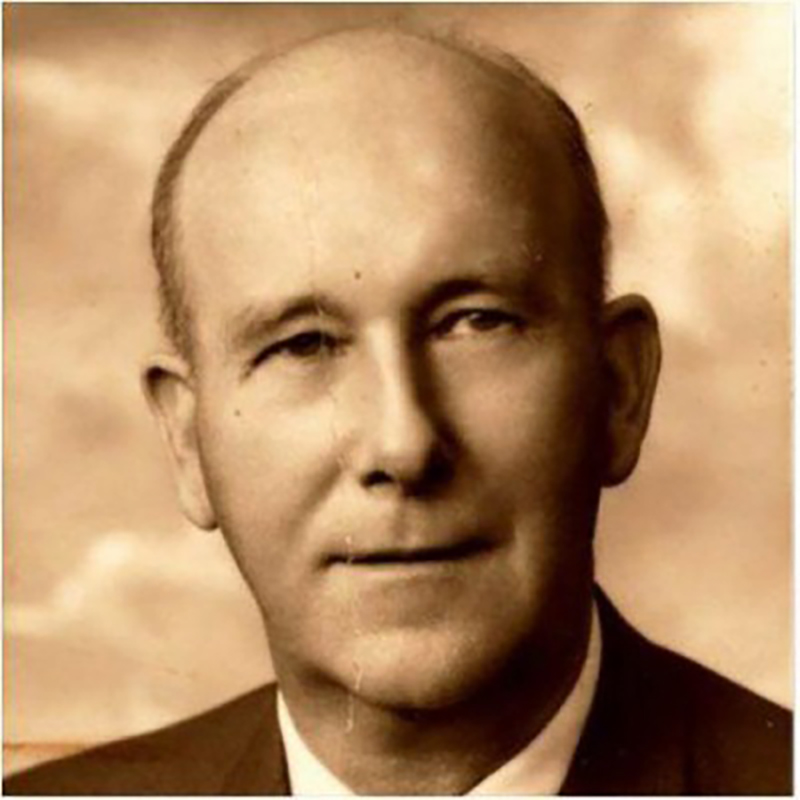
Bernard Flewell Smith CBE MM (Class of 1915)
Bernard Flewell-Smith CBE MM was awarded the Thomas Joseph Byrnes Memorial Medal for the best Junior Public Examination results in Queensland in 1914. At the age of 18, he was awarded the Military Medal for exceptional bravery in the Battle of the Somme. From 1935-68, as the General Manager of the Committee of Direction of Fruit Marketing, he played a lead role in establishing the Golden Circle Cannery, where fellow Old Boy Percival Savage joined him. Flewell-Smith was an adviser to the Australian Government at the General Agreement on Tariffs and Trade talks in Switzerland in 1947. In 1958, he was made a Commander of the British Empire for his services to the fruit industry. Later Flewell-Smith served on the Board of Trustees at Ipswich Grammar School and as President of the Old Boys Association.
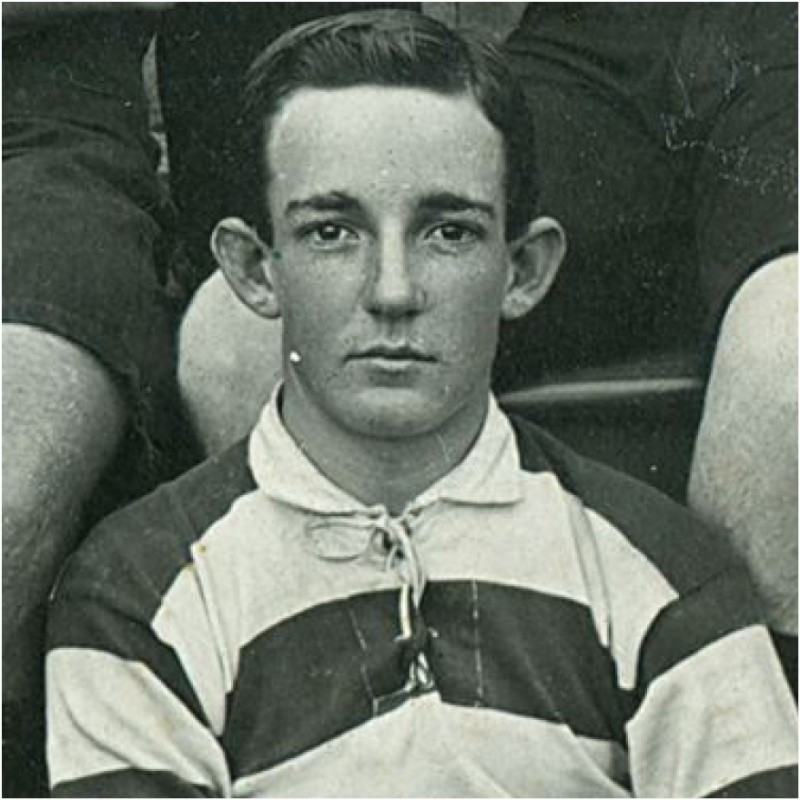
Alfred McCulloch (Class of 1916)
Alfred McCulloch was Senior Prefect, Dux and achieved third place in the University of Queensland Open Scholarship list in 1916. He was a member of the premiership winning 1918 and 1919 1st XV teams. McCulloch was also an excellent tennis player and cricketer. In 1917 he studied engineering but enlisted in the AIF in 1918. McCulloch served in England and joined the Australian Flying Corps just before the Armistice. On graduating with First Class Honours in Mechanical and Electrical Engineering in 1922, McCulloch joined the City Electric Light Co (CEL) as a Junior Engineer. After management roles in Rockhampton City Council and the Townsville Electric and Water authority, he re-joined CEL in 1938. McCulloch was a consultant for several states, served on CSIRO committees and in 1962 was an Australian delegate to a United Nations Conference on the peaceful uses of atomic energy.
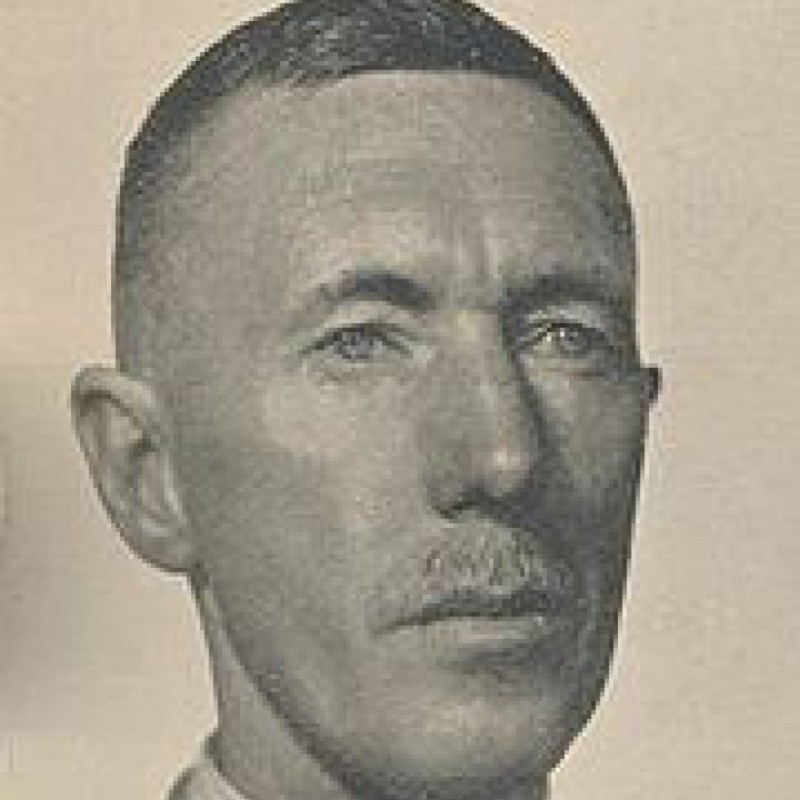
Donald Cameron OBE (Class of 1917)
Donald Cameron OBE, was a GP, honorary medical officer and Militia Captain in Ipswich when he joined the Army Medical Corps in 1940. As a Major and then Lieutenant-Colonel, he saw service in the Middle East and Papua New Guinea. Cameron was mentioned in dispatches and appointed OBE in 1946. Cameron was Chairman of Trustees of his old school from 1948-56. At the 1949 general elections, he won the Federal seat of Oxley and was appointed Minister for Health in 1956. Defeated at the 1961 election, Cameron worked for his former department as a medical officer until his appointment in 1962 as High Commissioner to New Zealand.
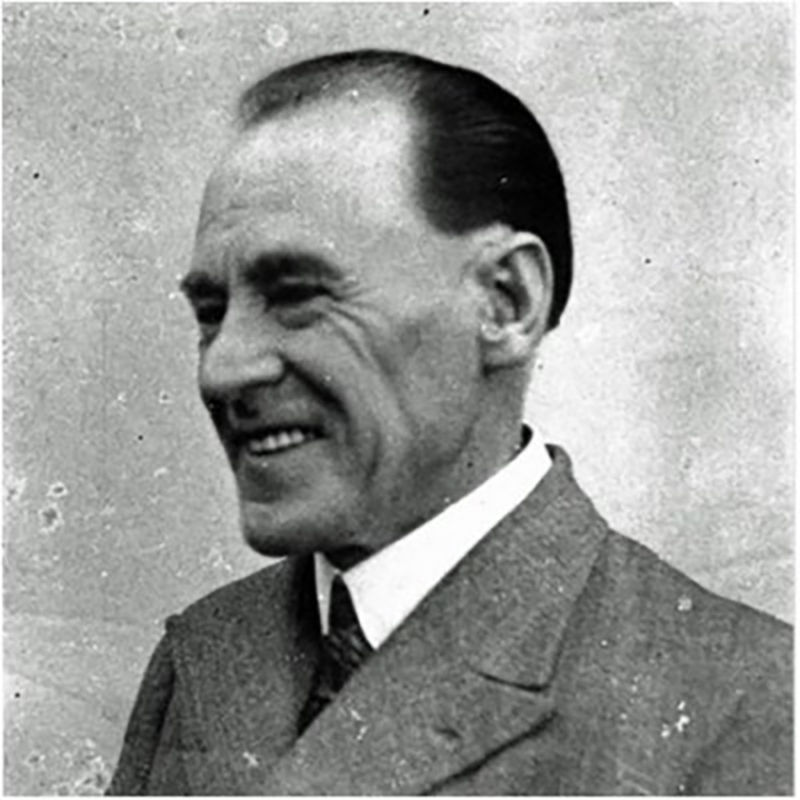
William George Henderson (Class of 1917)
Affectionately known as ‘Pop’, he was Ipswich Grammar’s first Old Boy Headmaster from 1946-51. In 1951 he relinquished his Headmastership and moved on to become senior science master at Churchie and a lecturer at QIT in Brisbane. His science teaching was of the highest order and his text books were very much in demand. His ability extended beyond the classroom and he is remembered as a top sportsman. He not only coached teams in tennis and football to a very high standard, but showed he could play these games himself. For years he dominated the West Moreton Tennis Championships and many a sound innings flowed from his cricket bat.
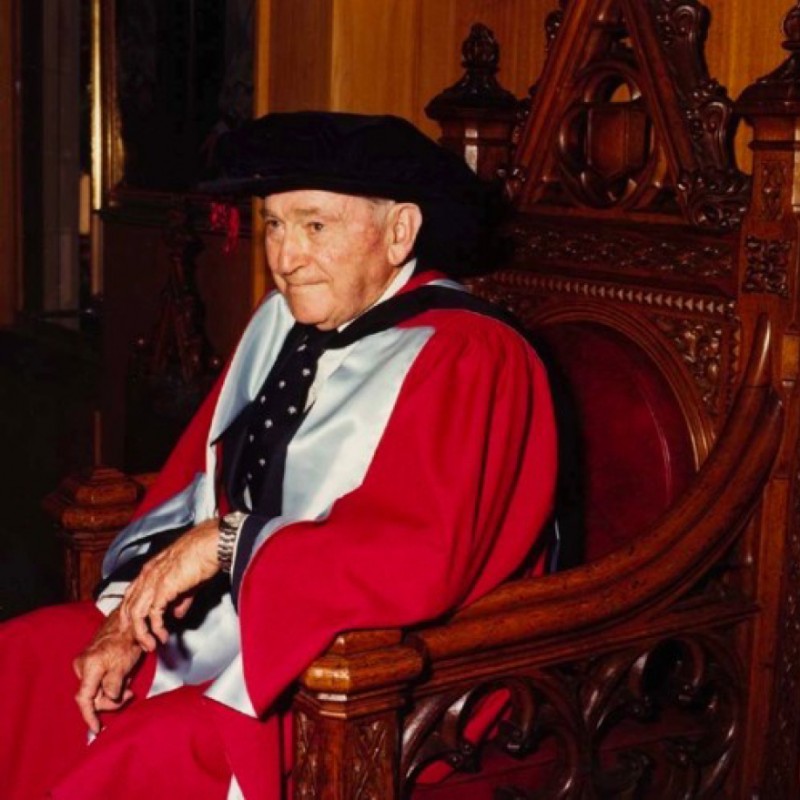
Herbert (Joe) Burton CBE (Class of 1918)
Selected as Rhodes scholar for Queensland in 1922, Burton went to Queen’s College, Oxford (BA, 1925; MA, 1929), and gained first-class honours in modern history. As principal of the Canberra University College, he was responsible for its transformation into an institution of higher education respected throughout the nation. His leadership facilitated the amalgamation of the CUC and the Australian National University in 1960. He was appointed principal of the School of General Studies, ANU. As well as creating national undergraduate scholarships to attract the nation’s top school leavers to ANU, he built residential accommodation for interstate students. Burton Hall ANU, a residential college, was named after him. As secretary of the Social Science Research Council of Australia, he guided its conversion into the Academy of the Social Sciences in Australia, of which he was executive director from 1971-73. He served as foundation president of the Australian Council for Civil Liberties from 1936-40. He was appointed CBE in 1962 and emeritus professor of ANU on retirement.
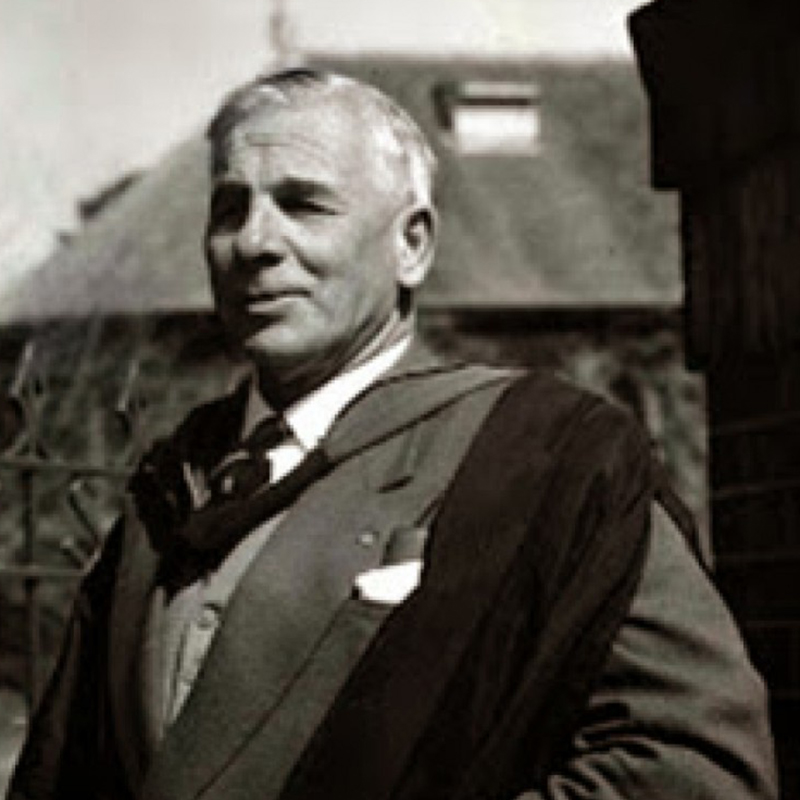
Gordon Fisher (Class of 1918)
Senior Prefect and captain of the 1918 premiership XV. A four-time Rugby Blue at University, he represented Queensland at rugby league. A teaching career included appointments as Headmaster of Sydney’s Church of England Grammar Junior School and Headmaster of The Armidale School for 22 years. In his later years, he was a Rotary Governor.
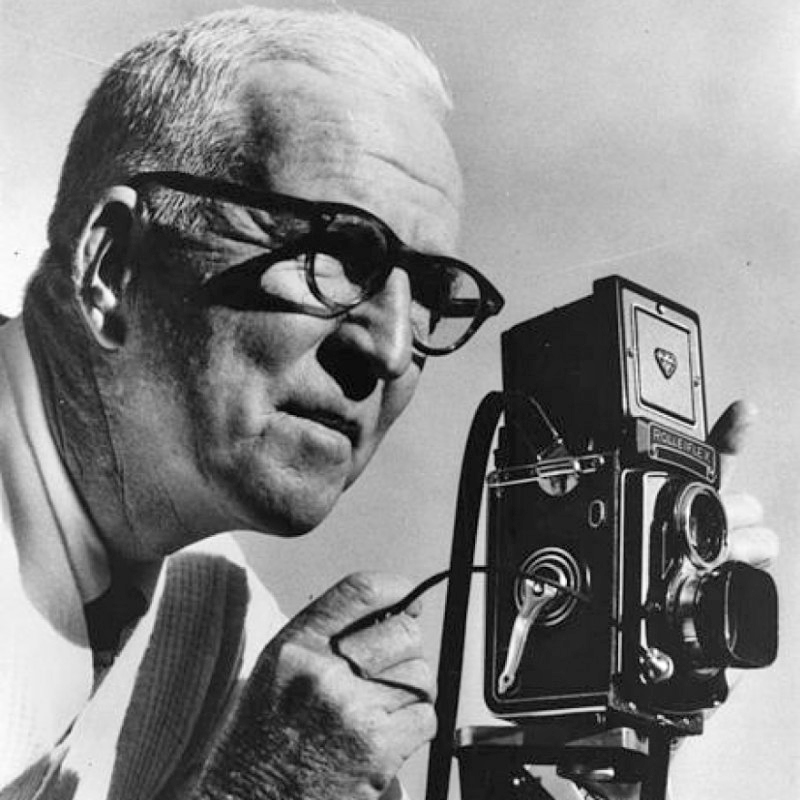
William Joseph George Sneyd (Class of 1918)
After a time as a public servant, signwriter and window dresser, Willian Sneyd, joined the staff of the ‘Brisbane Telegraph’ and became its Chief Photographer from 1934-66. During this time, he served in the RAAF as a Flying Officer during World War II. Sneyd worked on ‘The History of the War’ and was the first Queenslander to land in Japan after the signing of the surrender.
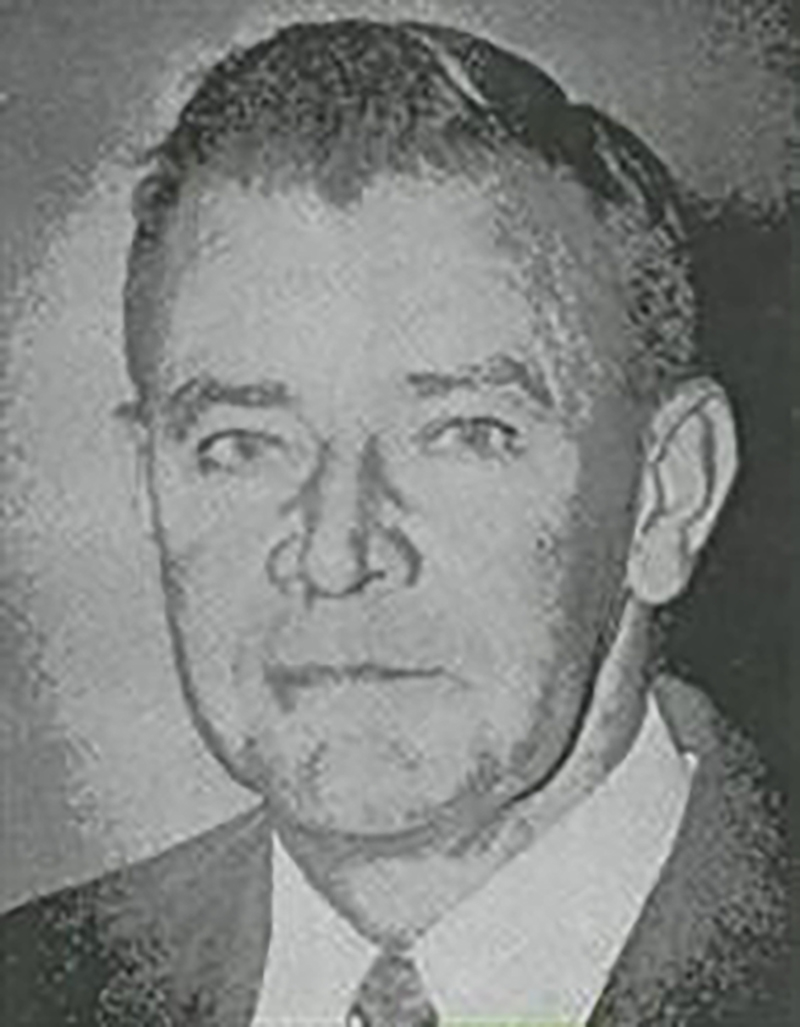
Sir Harold Richter (Class of 1919)
Sir Harold Richter was the chairman of the Boonah Shire Council from 1943 until 1947. At the 1957 Queensland state election, Richter, representing the Country Party, won the seat of Somerset at the 1957 Queensland state election. He held the seat until 1972. He held the following roles in the Country Party and the Parliament: Vice-president of the Queensland Country Party 1951-1955, President of the Queensland Country Party 1956-1960, Minister for Public Works and Local Government 1961-1963 and Minister for Local Government and Conservation 1963-1969.
